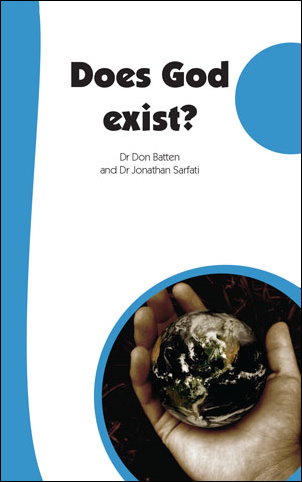Feedback archive → Feedback 2014
Answering moral nihilism

A.R. from Italy wrote:
Hello.
My name’s A. I used to be a Christian before I fell into a moral nihilism because of Euthyphro’s dilemma. Before reading it I was convinced that there was an objective ultimate standard for morality, and God was the only perfect being that could live up to such a standard. I loved my faith, I loved God and I still want to, but the answer to Euthyphro’s dilemma ruined everything. The answer says that God is the ultimate standard for "good"; the paradigm for goodness, but it somehow makes no sense to me. I can’t see how can I ground moral values in a person, even if eternal and omnipotent. If God is his own standard, how great does that make him? I thought to myself why to act morally; because it’s good, that means virtuous, noble, and essentially "good", and it’s good because God views it as good since he is the good. I don’t know why, but such grounding does not satisfy me at all. Maybe I can’t see the problem well, maybe I’m just crazy.
Please help me. All the best.
Lita Sanders, CMI-US, responds:
Dear A.,
Thanks for writing in. I assume you’re referring to What is ‘good’? (Answering the Euthyphro Dilemma). Here are a few thoughts that can help to straighten out your moral nihilism (although some were also explained in that article in a different way).
First, you misunderstand who God is, or you wouldn’t be asking this question. He is infinitely higher than us. He doesn’t need anything or anyone outside Himself. And more than that, He cannot be forced to act in a certain way by anything outside Himself. So if goodness was something outside God, because He is omnipotent, He would not be constrained by it—He might decide to lie or do evil. But since goodness is in His very nature, He will never contradict Himself by ever moving from that standard.
Second, God’s own nature is the best and safest place to found morality, because any other moral code would come from within the fallen creation. We are incapable of making a good moral code (in fact, fallen moral codes have led to some of the greatest atrocities in history), let alone living up to one. What’s the alternative to grounding goodness in God? Either to abandon any objective standard for morality (good luck living consistently) or to ground it elsewhere. But what impersonal source could obligate us to behave a certain way (as opposed to giving us an inclination which we are free to reject)? Where, apart from a Creator, could we get ‘oughts’ that are truly binding?
Also, note that goodness is measured by God’s nature, not His commands. This seems like a small distinction, but I think it is important. For instance, it is not wrong to murder only because God said, “Do not murder,” but because God Himself is life and the author of life. It is not wrong to lie only because God said, “Do not lie,” but because God Himself is truth.
You say “How great does this make God?” My answer is: immeasurably great. You see, God is holy, and the only reason you ask this question is because God mercifully does not show Himself openly to fallen creatures. You can get some sense of what God’s holiness means if you read the theophanies in Scripture. Usually people are surprised to come away from the experience alive, and they only do so because God mercifully does not show all His glory. Even the holy angels who are in God’s presence usually have to begin their messages with "Do not fear" and they are only creatures!
God’s goodness, however, is a terrifying doctrine apart from Christ—because He is good, and we are not. We are sinners, and a good God must judge sin. But since God is also merciful, that is why Jesus died in our place, so that He could pardon us when we trust in Jesus.
We can trust God because not only is He good; He is the standard for good. And He is the unchanging standard for good, and He is the holy and loving standard for good. Rather than causing us to doubt, this should enable us who trust in Jesus to rest in Him, because He is good.
Sincerely,
Lita Sanders



Readers’ comments
Comments are automatically closed 14 days after publication.